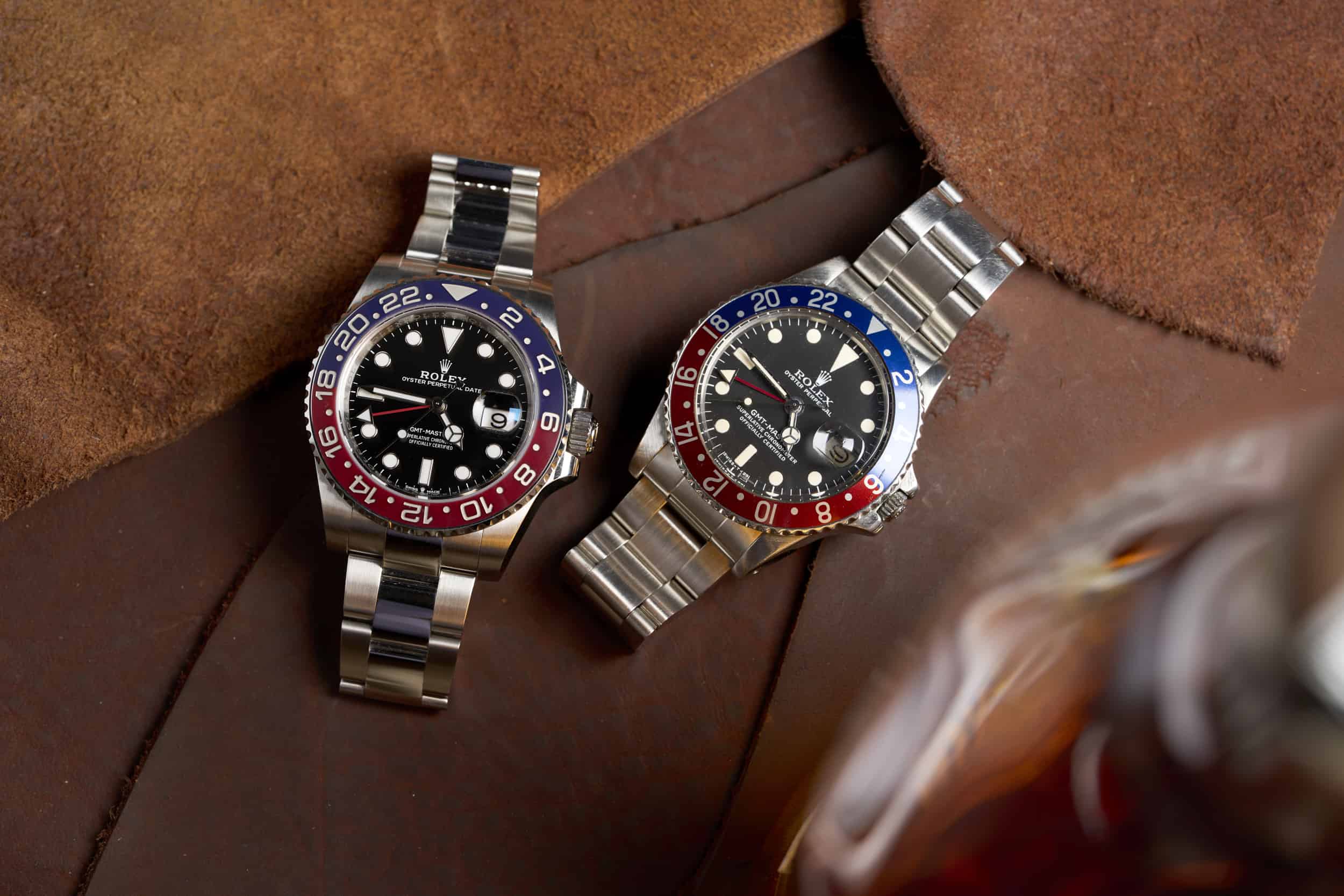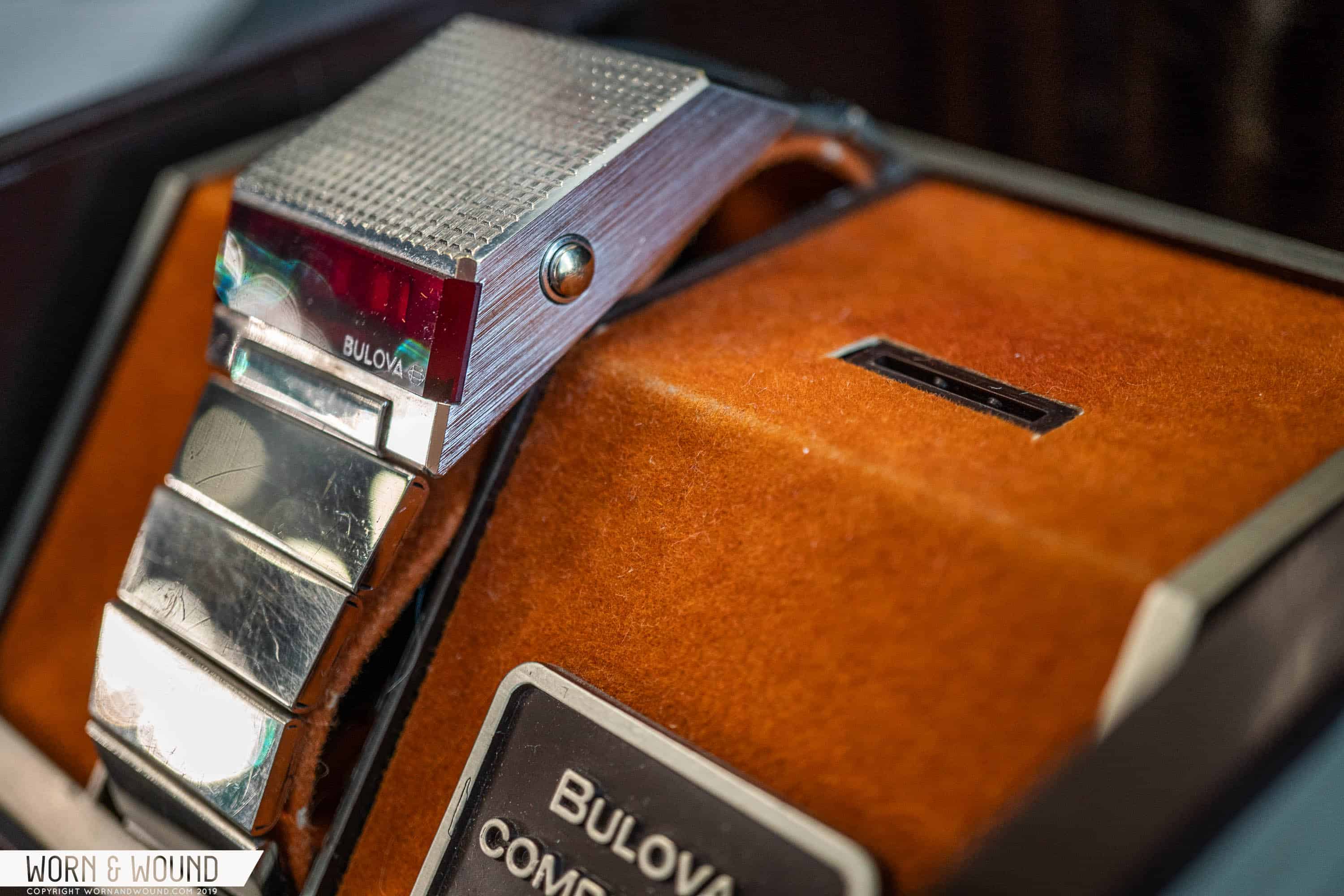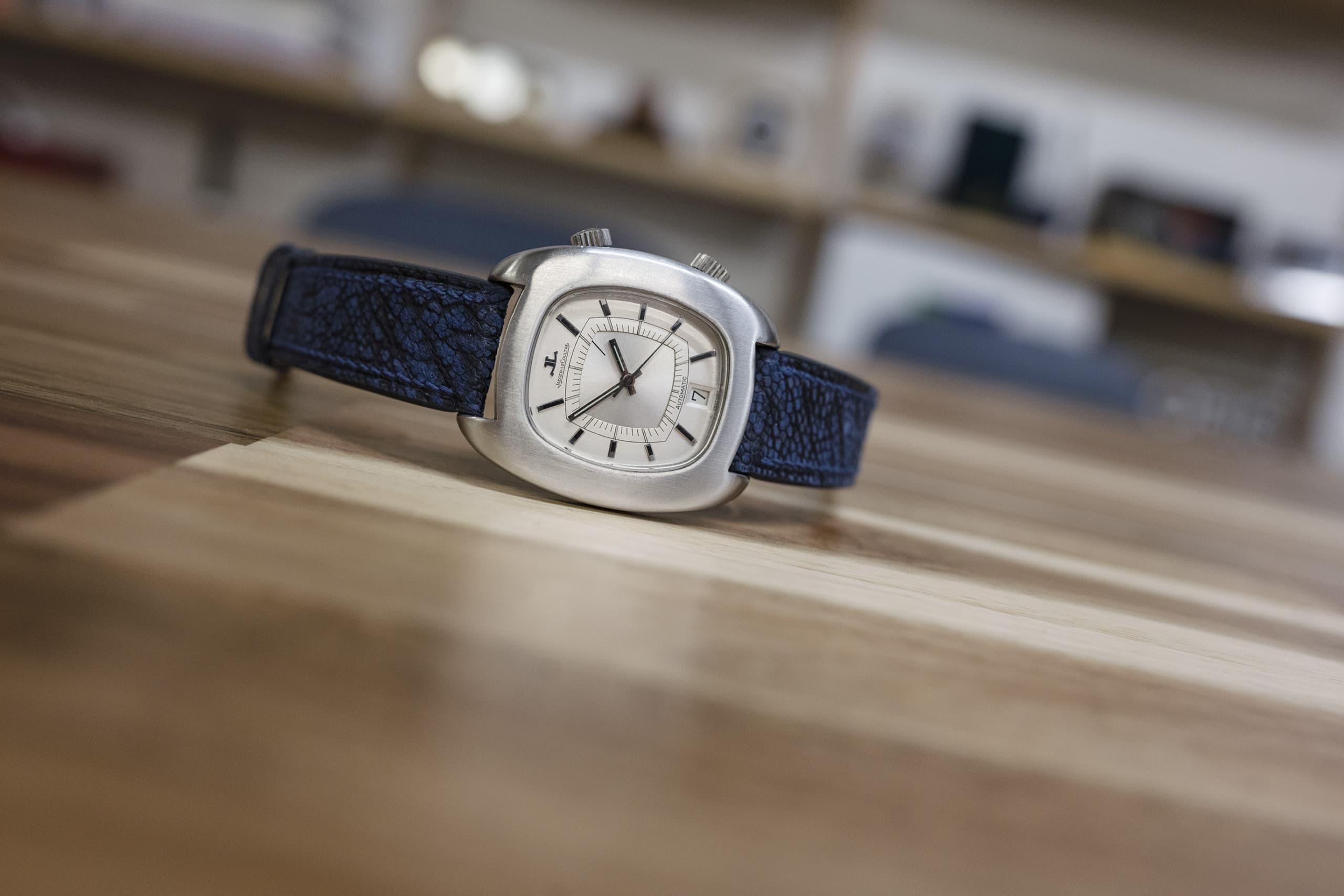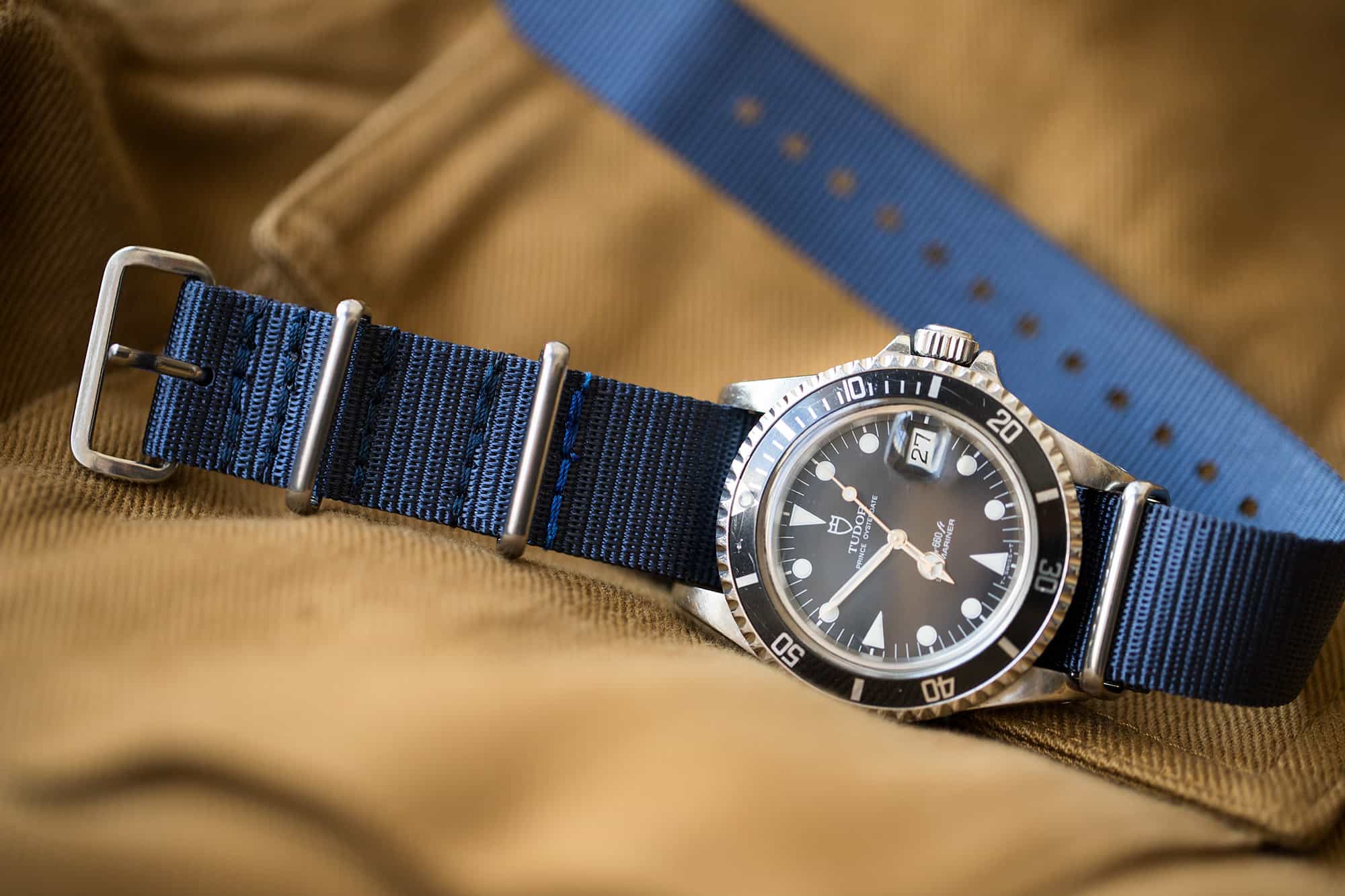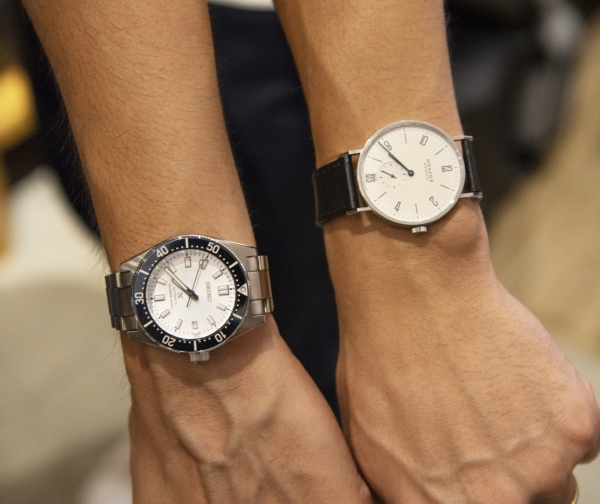The point here, and it’s one we’ve made in these pages time and time again, is that the stories within a watch that create meaning are the ones you create, not the stranger who had it right before you. And there are a lot of ways to create that meaning – it doesn’t need to be all base jumps and SCUBA diving and searching for the Holy Grail, and running from genetically engineered dinosaurs in a yet to be opened theme park. There are vintage watches in my collection that I rarely wear that have become incredibly important to me as I’ve studied the history of the manufacturers responsible, and the evolution of a brand’s design language. There’s a genuine appreciation there that is deeper than picking a watch based purely on serial number.
There’s another aspect to birth year watches, and why I find them inherently problematic, that has to do with verifying that it is indeed a watch made in the year of your birth. Some brands (Rolex obviously comes to mind) have a serial numbering system that makes it relatively easy to determine a year of production. With other brands, it’s much more opaque. You can have a general idea of when a watch was made, but never be quite certain. To that end, is it the manufacture date that’s important? What about the year it was sold? What if the watch went through a service at some point and had a dial, movement, or even a case replacement? Is it still a birth year watch?
Trying to find a watch that meets your precise criteria for birth year is more complicated than it seems at first, and will inevitably result in disqualifying watches that might be far more desirable. As a collector, it’s tough to imagine choosing a watch that’s been over polished and serviced with questionable replacement parts over an otherwise identical watch that you can verify is completely original, but was unfortunately born a year late or early. But if you’re committed to a watch made in your birth year, this is the bargain you might be asked to make.

As I approach the big 4-0, I have to admit that another reason I’m reluctant to go the birth year watch route is that these watches just seem so damn old at this point. As I get older and mature in the hobby, the idea of buying a watch that would feel too precious to wear on a regular basis is anathema to what I want to get out of collecting, especially if it’s a watch I really want to wear frequently, which is a prerequisite for me these days. If I were turning 20 this year, I’d certainly have no problem buying a watch from 2002, a perfectly fine year. There are Seikos that were made in the early 00s that have yet to be serviced and are still keeping great time! But any watch made in the early 80s is going to require some special handling, not unlike all of us as we round the corner into middle age. So maybe the trick is to get that birth year watch when you’re young, before it’s a genuine antique, while it still has enough life in it to make it your own. For my part, if I attempt a base jump in my 40s, the watch I wear while doing so will be significantly younger.
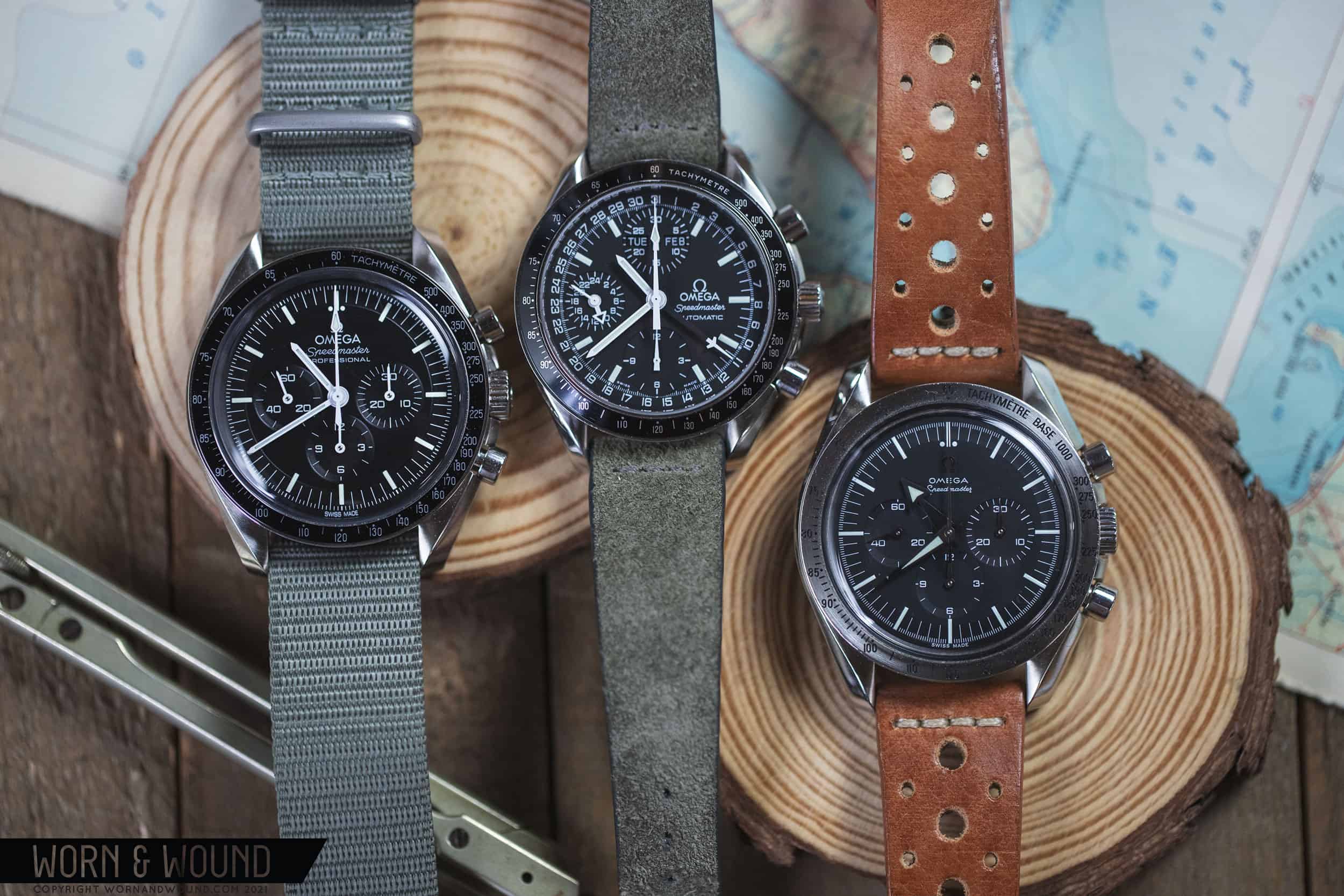


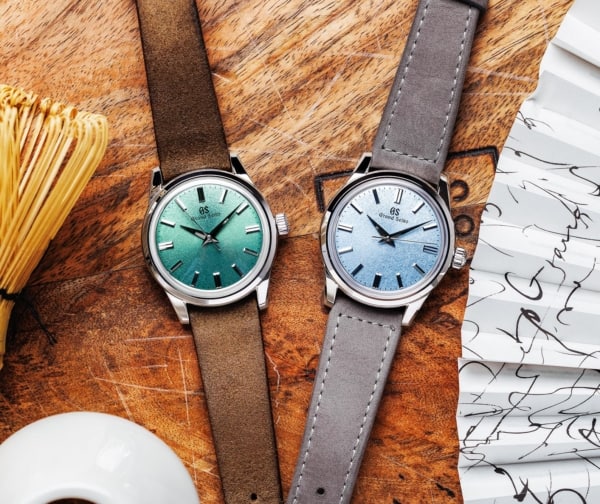






 Featured Videos
Featured Videos




